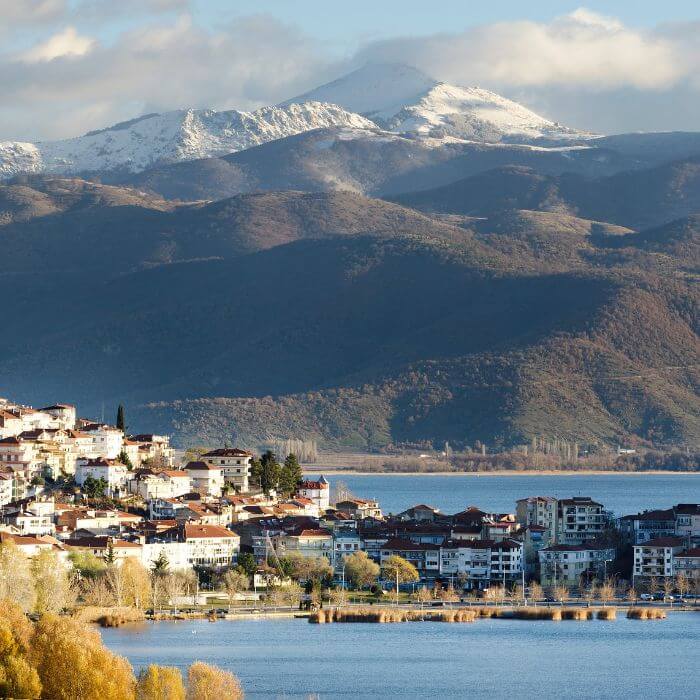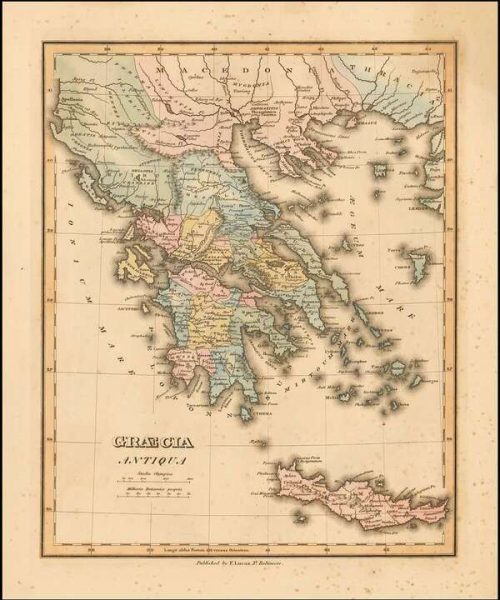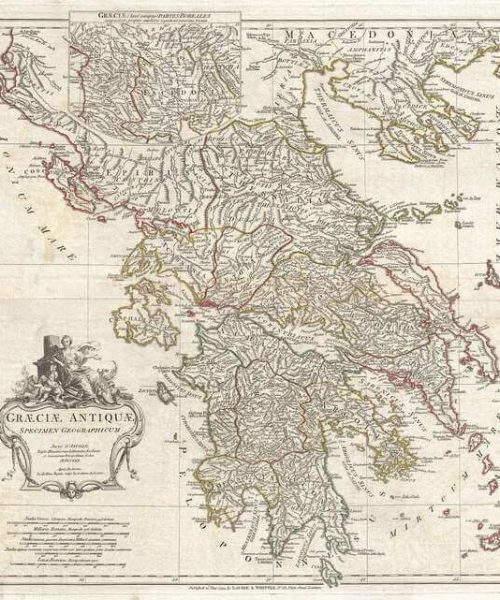The rugged terrain made transportation difficult, which led to the development of city-states rather than a centralized government. These city-states were independent and had laws, customs, and governments.
Another significant influence was the sea that surrounded Ancient Greece; it helped shape their culture by encouraging maritime trade and communication along coastal regions. Greek sailors used small boats called galleys for transportation purposes while trading throughout the Mediterranean Sea.
The geography of Ancient Greece also influenced its economy. As the country’s rocky soil made agriculture challenging, the Greeks turned to trade as their primary source of income. The sea provided easy access to other civilizations, allowing the Greeks to trade goods such as olive oil, wine, and pottery.
The landscape also played a significant role in Ancient Greek religion. The Greeks believed that their gods lived on Mount Olympus, the highest mountain in Greece. They built temples and shrines throughout the country to honor their deities.
Moreover, hillsides provided ideal locations for constructing fortifications against hostile invasions from neighboring countries such as Persia during Persian Wars (490-479 BCE), which allowed Athens to become one dominant power among other various city-states at that period.
Additionally, these mountain ranges provided shelter for animals like deer who lived there during harsh winter months and offered protection from extreme weather conditions such as strong winds or heavy rainstorms throughout all seasons year-round due to their elevation above sea level on average being around 2000 meters high!





